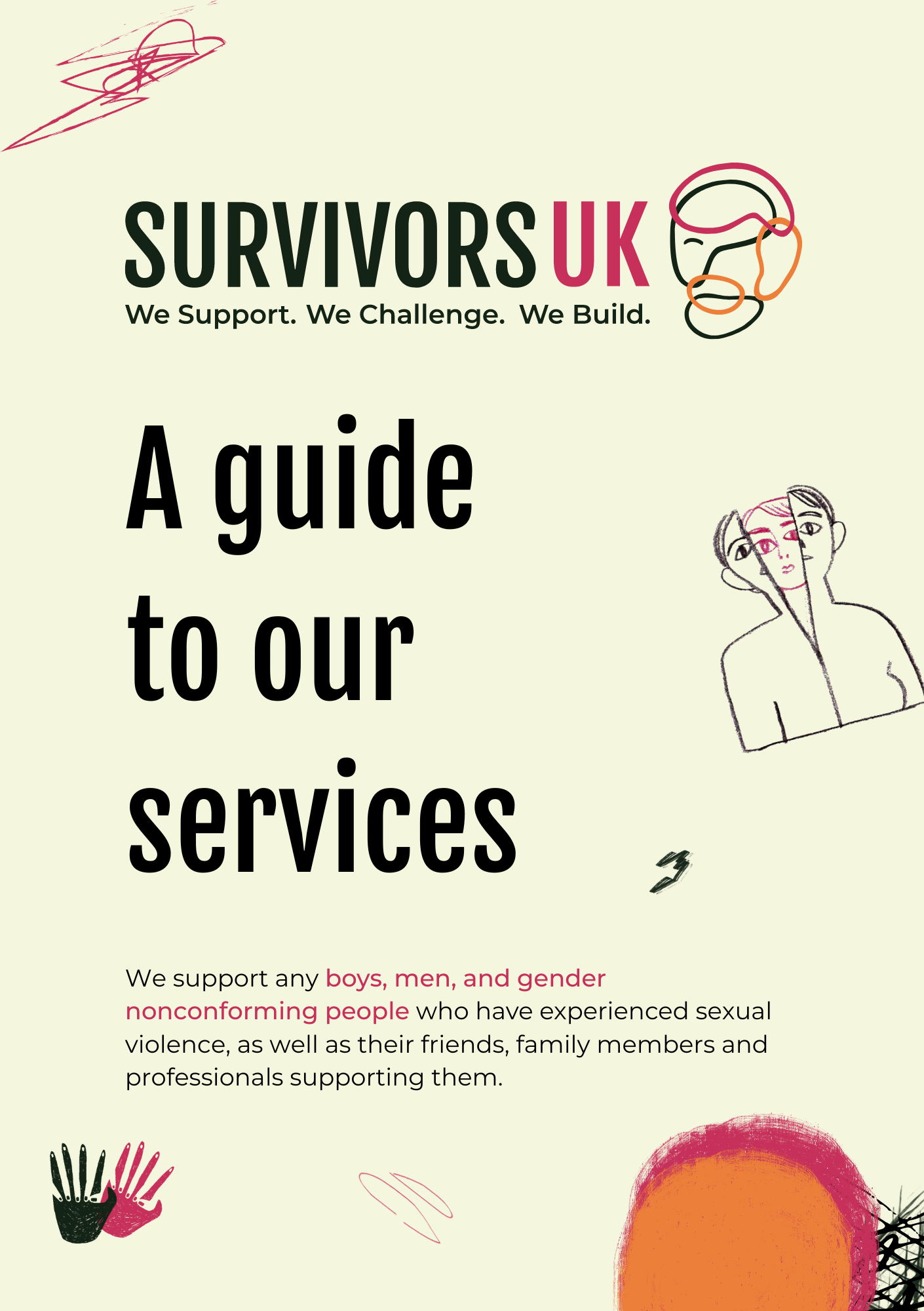
Women who support the #MeToo movement must take sexual assault accusations against Asia Argento just as seriously
 The #MeToo movement has shed light on a damaging culture of sexual abuse within the entertainment industry, and allowed for a wider conversation about sexual abuse encountered day-to-day.
The #MeToo movement has shed light on a damaging culture of sexual abuse within the entertainment industry, and allowed for a wider conversation about sexual abuse encountered day-to-day.
Dozens of women spoke out about being abused by Harvey Weinstein, many of them emboldened by Asia Argento, who spearheaded the movement.
So it was hard to hear that police are now investigating Ms Argento for allegedly sexually assaulting a young male actor, Jimmy Bennett, when he was 17, allegations she has since denied.
Lots of people seem to be struggling to wrap their heads around this and the fact that sexual abuse holds no demographic constraint. Anyone can be a survivor or perpetrator, regardless of gender.
Research shows that while sexual violence against men is most commonly perpetrated by men, men can also be victimised by women.
More men are beginning to open up about sexual abuse, with three times the number of recorded complaints over the past decade, although this is unlikely to reflect the true extent of the problem as many men still struggle to speak out.
In my work as an Independent Sexual Violence Advisor, I regularly encounter the same misconceptions. It is often assumed that if a man has an erection while being abused, he must have enjoyed it. Or that men are stronger than women, so it’s their fault if they don’t escape or fight off the female perpetrator.
#MeToo brought women together in their fight against perpetrators of sexual abuse and it seems that in light of the recent allegations, women are now struggling with a moral dilemma. Rose McGowan, a friend of Ms Argento, has changed her tune, imploring people be ‘gentle’ in light of recent allegations.
This is a stark contrast to her tweets about denouncing ‘known predators’ in November 2017.
Earlier this year author, Junot Diaz revealed he was raped as a child, prompting an outcry of support – but the situation became much murkier when he was also accused of sexual abuse by many women.
While research suggests that a large number of sexual offenders also experienced sexual violence at some stage, very few victims of sexual violence go on to offend. In the case of Ms Argento, regardless of her gender or being abused herself, we must not lessen the significance and impact that her alleged abuse of Mr Bennett has.
 Assault from a woman towards a man is no less traumatic than the rape of a woman by a man.
Assault from a woman towards a man is no less traumatic than the rape of a woman by a man.
The issue extends beyond casual conversation around sexual abuse. Even legal definitions of sexual offences remain gender biased, stating that rape only includes penile penetration.
Most offences committed by females fall under the offences ‘assault by penetration’ or ‘sexual assault’, yet the definitions for these still use the ‘he’ pronoun when describing the offender.
I’ve seen professionals such as police officers reinforce gender stereotypes by using the pronouns ‘she’ and ‘he’ when talking about victims and perpetrators respectively. This helps reinforce the portrayal of men as perpetrators, and women as victims, and creates the assumption that there is a gender distinction within sexual violence.
In order to properly support male victims, we must normalise the discussion of sexual violence and abuse towards men, eradicate the view that rape and sexual abuse is gendered and see it for what it is: a means of power and control committed by one individual over another.
Any woman who supported Ms Argento when she claimed she was abused must now take Mr Bennet’s allegations just as seriously. Only by believing and supporting victims of all genders will we ever break the cycle of abuse and empower people to come forward and hold their abusers to account.
Note: this blog was first published on Metro.co.uk






